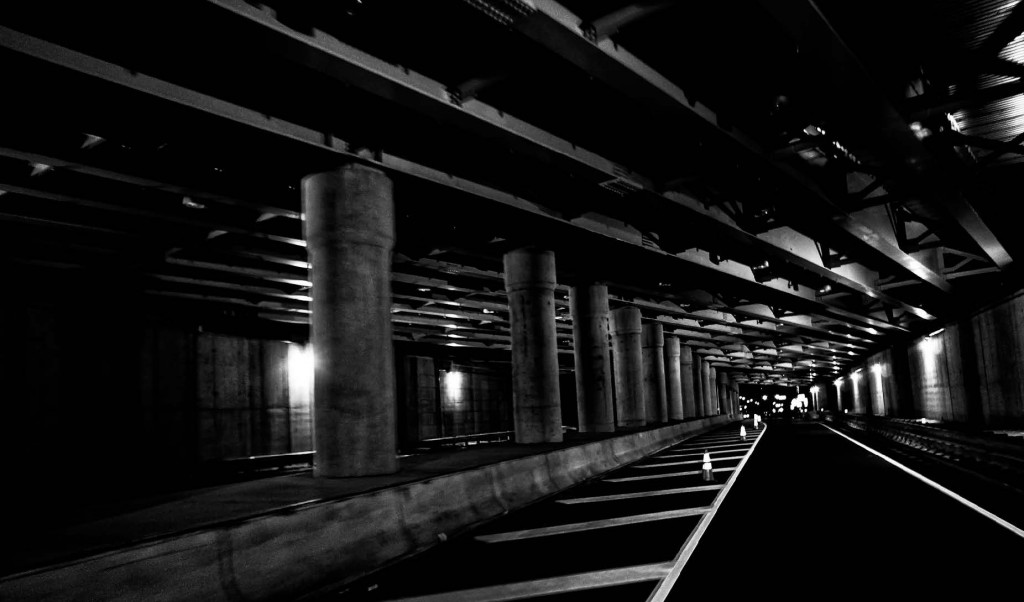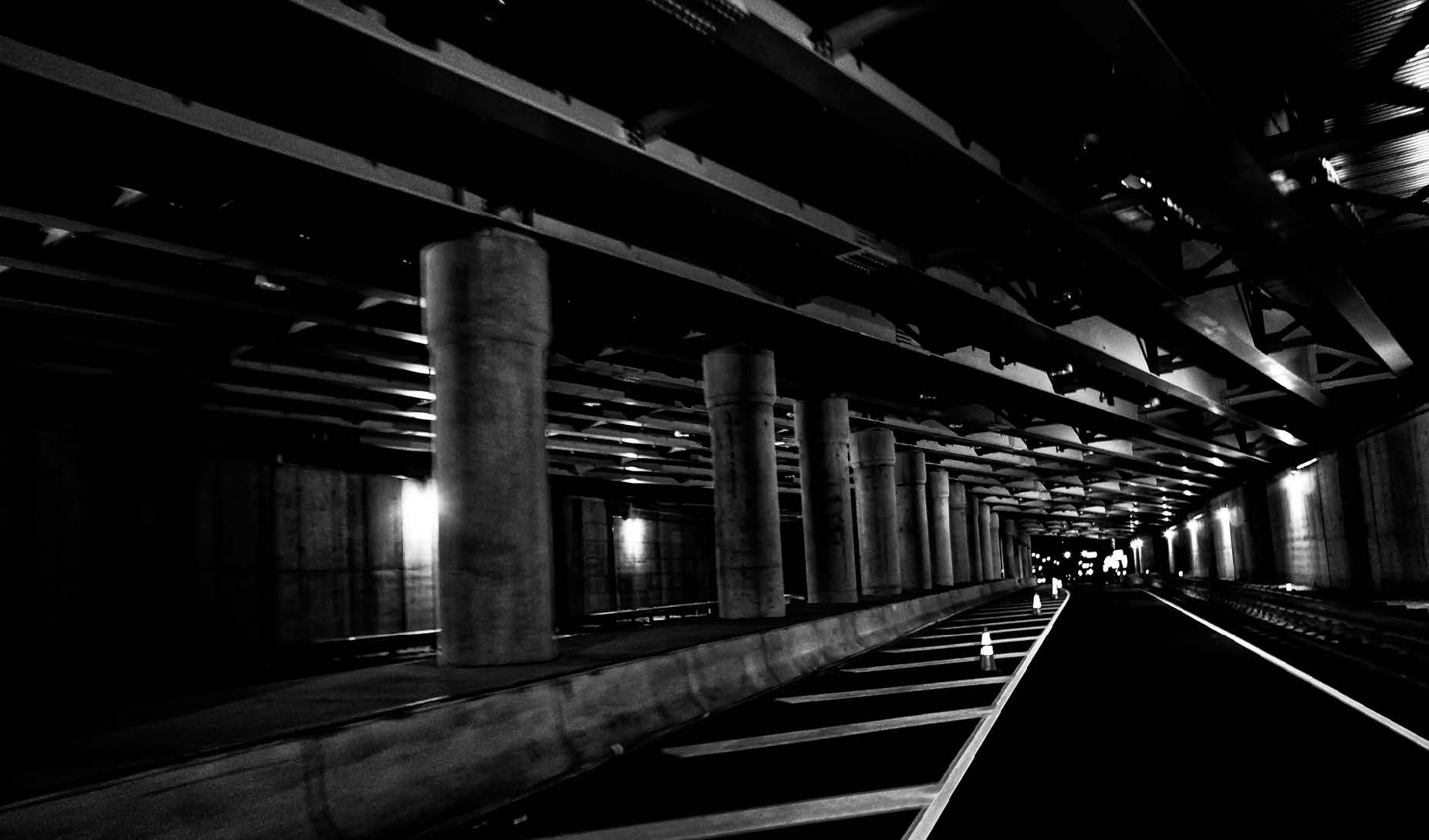
Every now and then, in a spirit of wanderlust, I’ll go on a night drive from my home in Mission to the Trans-Canada, eastbound to the Bridal Falls exit, and then up to Agassiz and Harrison, taking the Lougheed home to complete the circuit.
It’s no odyssey, but damn is it ever therapeutic to feel alone, driving through the pockets of blackness, quite often thinking nothing at all.
It gives me a sense of escape that I can’t even feel in my house — I’m a lot more comfortable singing my lungs out in a car than I am strumming my guitar moderately loudly in my own room, where I’m unjustifiably afraid that the neighbours will be listening in.
The sense of escape that driving can bring is liberating and well-documented. Novels like Jack Kerouac’s On the Road document the thrill of being nowhere and going anywhere, the country before you a sprawling possibility. And with the rise of the automobile came also a sexual freedom, because people could drive to where they wouldn’t be found.
I suppose that the purpose behind this editorial, where I’m pointing to something in my life, calling it completely my own, is to ask you to find something similar. Do you have a place where you can feel completely alone?
If you Google “loneliness epidemic,” you’ll find articles, YouTube videos, and TED Talks about how social media is making this generation very, very lonely. The usual explanation for the epidemic is that connections between people have been made shallower. But what if it’s not the deep connections that we’re missing, but rather the solitude?
When I’m driving, I feel truly alone, and I feel free to open up to myself. I can feel angry or sad
without the guilt of hurting or worrying others, and I can make mistakes without scrutiny. I can
create things without fear of feeling redundant or pretentious when I’m alone. After a night drive, I feel refreshed, having exercised the small freedom of being by myself.
Escape is not a road trip. Rather, it is a digression from one’s own identity, and the responsibilities derived from that identity.
Our online personas never rest: they are open to interaction and interpretation, even when we are away from the screen. The very possibility of someone knowing what I am up to limits my own behaviour, as I get impeded by my self-consciousness. If I see the headlights of another night driver looming ahead, I won’t sing as hard (or perhaps I won’t at all) when we get near each other.
Having space to be meaningless in one’s life is as important as having a meaning, because it’s in
meaninglessness, those times where you can be alone and not think about anything, where we can play around.
A friend of mine had explained how she liked to be a stranger, to go to places she’d never been to before, just to have some coffee and do homework there. Finding comfort can be as simple as that — not being yourself, being no one, if only for a little while.


